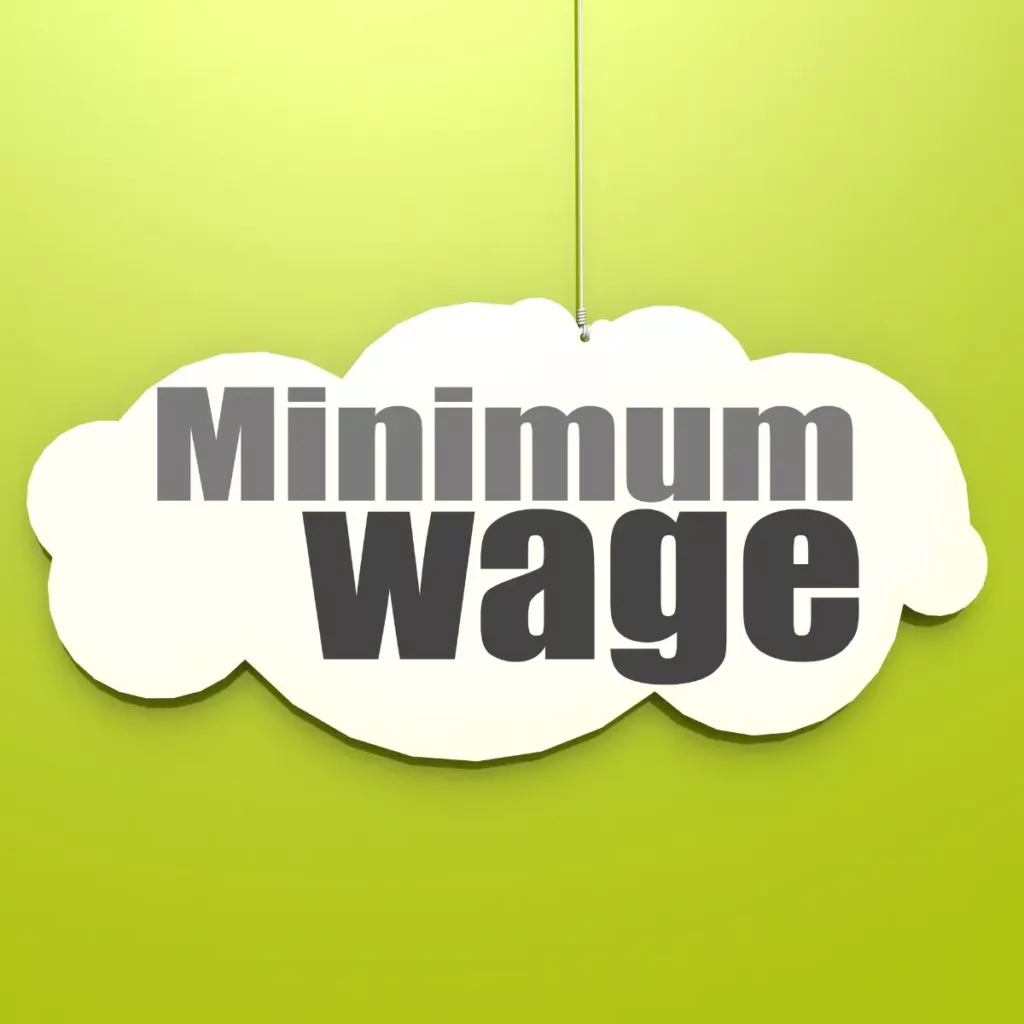What Are the Minimum Wages in Every Canadian Province for 2024?
New immigrants considering Canada are curious about the 2024 minimum wage and its regional differences. Additionally, Canadian residents are eager to know when their province will raise the minimum wage, especially with the recent inflation surge.

The Nunavut government has raised the minimum wage from $16.00 to $19.00 per hour, effective January 1, 2024, establishing it as the highest minimum wage across Canada. This increase reflects ongoing efforts to ensure fair compensation for workers in the region.
In Canada, the minimum wage serves as the legally mandated minimum compensation that employers must pay their employees. While the federal government sets the minimum wage for federal organizations nationwide, provincial governments have the authority to determine minimum wages for provincial government employees and private sector workers within their respective jurisdictions.
To keep pace with inflation and maintain equitable pay standards, both the federal government and most provincial governments regularly review and adjust minimum wage rates. Stay informed about these changes and upcoming adjustments by subscribing to Immigration News Canada for the latest updates and expected raise schedules.
Find out if you are eligible to get in Canada →
The new minimum wage for federally regulated sectors in Canada for 2024
The minimum wage for federally regulated private sectors will undergo an adjustment on April 1, 2024, aligning with Canada’s Consumer Price Index (CPI) for 2023.
Presently, the federal minimum wage in Canada stands at $16.65 per hour, revised on April 1, 2023, based on the CPI in 2022, up from $15.55 per hour previously.
Employees and interns working in federally controlled commercial sectors, including banking, postal and courier services, and interprovincial transportation by air, rail, road, and sea, fall within the scope of the federally regulated private sector.
The anticipated increase, effective April 1, 2024, is expected to raise the minimum wage to approximately $17.17 per hour, following the first quarter of 2024, based on a 12-month moving average CPI of 3.1% reported by Statistics Canada in October 2023.
Nova Scotia‘s Minimum Wage Update
Nova Scotians anticipate a 4.1% increase in the minimum wage by 2024, based on current inflation rates.
The province follows a practice of adjusting the minimum wage annually on April 1, incorporating the inflation rate plus an additional 1%.
As a result, Nova Scotians will witness a wage raise from $15 to $15.60 per hour, effective April 1, 2024.
Prince Edward Island‘s Minimum Wage Update
Prince Edward Island has scheduled a minimum wage increase to $15.40 per hour on April 1, 2024.
Previously, the minimum wage in PEI was raised from $14.50 to $15 per hour on October 1, 2023.
Additionally, there are plans for the minimum wage to further increase to $16 per hour on October 1, 2024.
New Brunswick Minimum Wage Update
New Brunswick is expected to adjust its minimum wage based on the Consumer Price Index (CPI), similar to its approach in 2023.
At present, the minimum wage in New Brunswick stands at $14.75 per hour, up from $13.75 per hour on April 1, 2023.
The projected new minimum wage in New Brunswick is estimated to reach approximately $15 per hour by April 1, 2024.
Yukon’s Minimum Wage Update
Yukon is set to increase its minimum wage on April 1, 2024, in line with the yearly inflation rate.
Currently, Yukon’s minimum wage stands at $16.77 per hour, with plans for it to surpass $17.62 per hour on April 1, 2024.
Ontario‘s Minimum Wage Update
Ontario will reveal the extent of its minimum wage increase by April 1, 2024.
Although announced on April 1, 2024, the new minimum wage will officially take effect on October 1, 2024.
Even with a conservative estimate of a $1 raise, the minimum wage in Ontario is poised to increase to $17.55 per hour.
Canada’s Minimum Wage Raise Schedule
Here’s an overview of the current minimum wage rates across different provinces and territories in Canada, along with their next scheduled raise dates and estimated new rates:
- Ontario: $16.55 (next raise date: October 1, 2024, estimate: $17.65)
- Manitoba: $15.30 (next raise date: October 1, 2024, estimate: $16.00)
- Nova Scotia: $15.00 (next raise date: October 1, 2024, estimate: $15.50)
- Saskatchewan: $14.00 (next raise date: October 1, 2024, estimate: $15.00)
- Newfoundland & Labrador: $15.00 (next raise date: October 1, 2024, estimate: $15.50)
- Prince Edward Island: $15.00 (next raise date: October 1, 2024, estimate: $15.50)
- Canada (federally regulated private sectors): $16.65 (next raise date: April 1, 2024; estimate: $17.75)
- New Brunswick: $14.75 (expected raise date: April 1, 2024; estimated: $15.50)
- Alberta: $15.00 (raise date TBD, estimate TBD)
- British Columbia: $16.75 (next raise date: June 1, 2024, estimate: $17.75)
- Quebec: $15.25 (next raise date: May 1, 2024, estimate: $16.25)
- Nunavut: $16.00 (next raise date: April 1, 2024, estimated TBD)
- Northwest Territories: $16.05 (next raise date: September 1, 2024, estimate: $17.00)
- Yukon: $16.77 (next raise date: April 1, 2024; estimate: $17.50)
The top minimum wage in Canada for 2024
Nunavut, a Canadian territory, boasts the highest minimum wage in the country, set at $19.00 per hour, starting January 1, 2024.
Ontario Minimum Wage 2024 Update Schedule
The Ontario government will publicly announce any minimum wage increases by April 1, 2024, with the changes set to take effect on October 1, 2024.
Minimum wage adjustments are usually made annually, reflecting changes in the inflation rate, and are updated accordingly.
In 2024, minimum wage rates across Canadian provinces will vary, with adjustments reflecting economic factors like inflation. Provinces announce and implement changes on different dates, with some already increasing rates while others plan future adjustments. This diversity highlights the efforts to ensure fair compensation for workers while considering local economic conditions. Overall, ongoing monitoring of these adjustments will be crucial to understanding their impact on workers and businesses nationwide.











